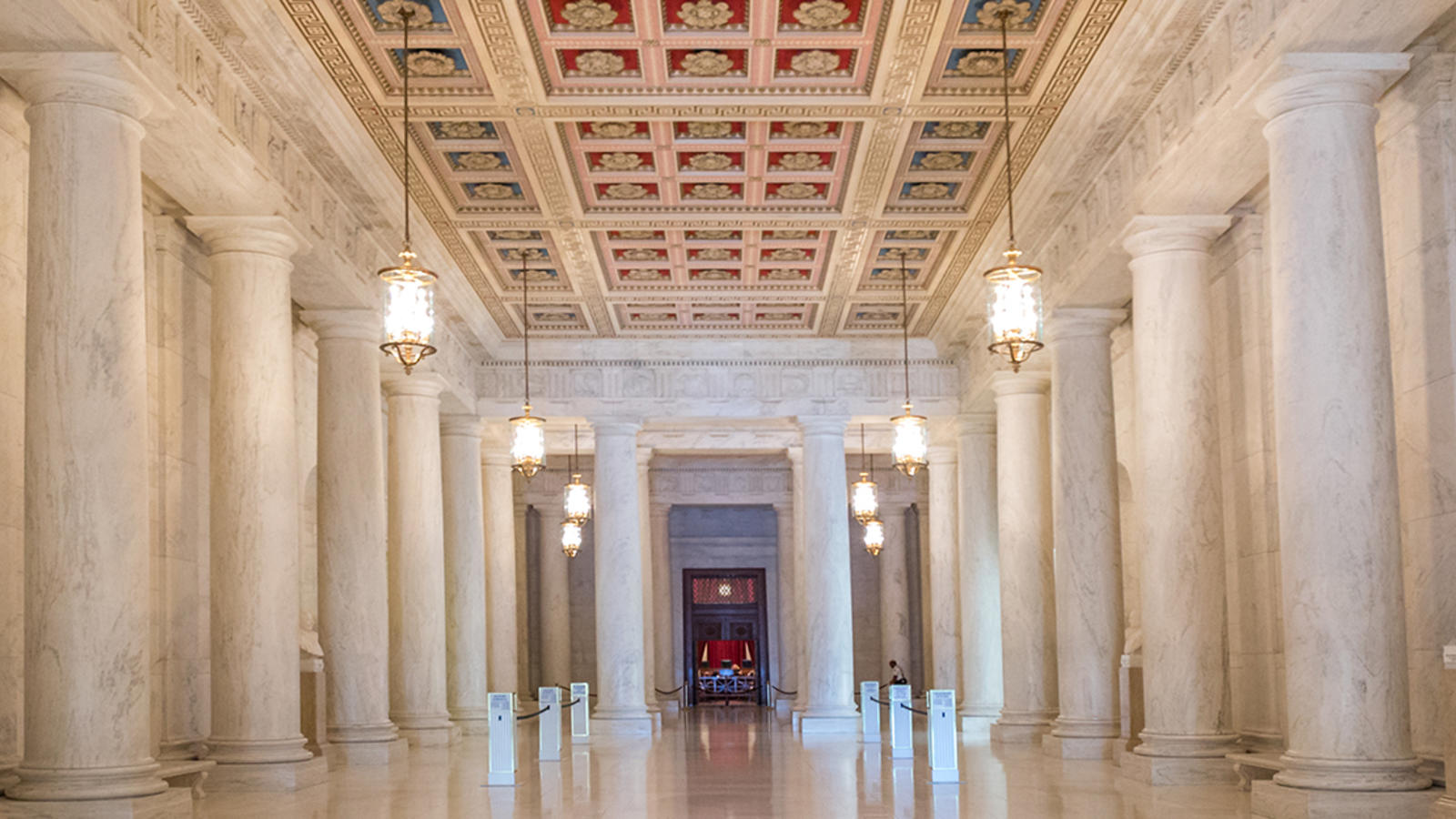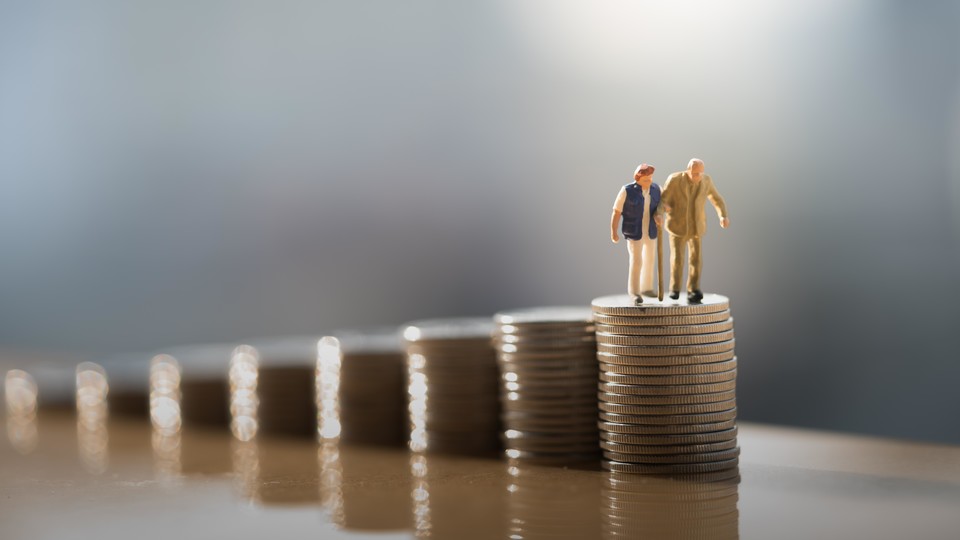
Halls Of Power
How Businesses Wield Influence In Washington
Based on research by Douglas A. Schuler and Kathleen Rehbein
How Businesses Wield Influence In Washington
- A company’s experience and expertise don’t play much of a role in gaining entry to the halls of power.
- Whether a company would be significantly impacted by a proposed policy had little bearing on whether they’d be invited to testify about it.
- Perhaps unsurprisingly, the best predictors of political influence are lobbying and money.
Beneath the dome of the U.S. Capitol stand statues of some of most influential figures in American history: George Washington, Abraham Lincoln, Ronald Reagan, Susan B. Anthony and Martin Luther King Jr. Tourists who stroll through the rotunda, understandably, can feel a bit overwhelmed.
These figures made a mark on history in part because they were able to push for sustained legislative initiatives. In short: They had political muscle. Rice Business Professor Douglas A. Schuler and Kathleen Rehbein of Marquette University recently sought to bring the lessons of these historical influencers into the present, to better understand how businesses can exert a similar kind of political power.
Schuler and Rehbein’s approach was to develop a series of snapshots that could provide insights into what kinds of lobbying worked best. To do this, they examined the political influence of 1,266 publically traded companies between 1991 and 1994, focusing on congressional testimony about two critical trade issues: the ratification of NAFTA and the Uruguay Round of multilateral trade negotiations during the General Agreement on Tariffs and Trade summit.
Studying the companies’ foreign market expertise, political relationships, and lobbying strategies, among other factors, Schuler and Rehbein investigated which elements played key roles in gaining access to Washington policymakers. That is to say, their goal was to understand how these companies most effectively wielded influence. If the companies managed to testify before Congress or join the ranks of trade policy advisory boards, they’d achieved noteworthy political access.
Which factors were the most critical to making such political inroads? The results were somewhat counterintuitive. First, the researchers found that experience didn’t guarantee access. There was little to suggest that a firm’s foreign experience would translate into appearing at a congressional hearing. Nor was experience with foreign sales a precursor to membership on advisory panels or trade policy organizations.
It was less clear whether the volume of a company’s export business played a role. Members of Congress tended to invite firms from industries with a high proportion of foreign sales to testify. But there was no clear indication that it mattered whether the firm competed significantly with import traffic.
You’d also expect that firms with a long history of holding sway in Washington would be more likely to be invited to testify at hearings or join trade associations. Turns out, that’s not quite the case. Past experience with trade policymaking bodies did not seem to affect congressional behavior regarding hearings.
What about the degree to which a given policy would affect a particular firm? Surely the companies with the most to gain or lose from a trade deal or tariff plan would be the stakeholders Congress would want to hear from? Not necessarily, Schuler and Rehbein found: The impact a policy would have on a company was statistically unimportant in predicting invitations to hearings.
So what does it take to wield influence in Washington? High-profile lobbyists, the researchers found. Companies that used lobbyists were significantly more likely to appear before Congress or to be a member of an important trade advisory institution.
Perhaps least surprisingly, one of the most influential factors in gaining political access is good old-fashioned cash. Firms that contributed to the Political Action Committees (PACs) of trade subcommittee members were significantly more likely to testify in hearings. Likewise, the firms that contributed PAC money to subcommittee members were more likely to be included on one of the trade advisory committees.
It’s a lesson that has stood the test of time when it comes to government influence: If you want to play, you have to pay. Think of that the next time you enter the Capitol rotunda.
Douglas Schuler is an associate professor of business and public policy at the Jones Graduate School of Business at Rice University.
To learn more, please see: Schuler, D., & Rehbein, K. (2011). Determinants of Access to Legislative and Executive Branch Officials: Business Firms and Trade Policymaking in the U.S. Business and Politics, 13(3), 1-30.
Never Miss A Story


